
Freezable Foods are a lifesaver for me, offering a convenient way to manage my time and energy while still serving delicious meals, whether it’s a hectic week or a special occasion. Additionally, freezing foods is good way to prevent food waste.
To help support our blogging activities, our site contains affiliate links. If you make a purchase from a link on our site, we may receive a small percentage of that sale, at no extra cost to you. Blessed Beyond Crazy is a participant in the Amazon Services LLC Associates Program. This affiliate advertising program is designed to provide a means for sites to earn advertising fees by advertising and linking to amazon.com

“You Can Freeze That!”
Over the years, my late mother would often remark, “You can freeze that!” Now this phrase has become a familiar family phrase, frequently echoed among family members. Her years of expertise have taught us that numerous food items can be effortlessly frozen, making dinner retrieval from the freezer convenient.
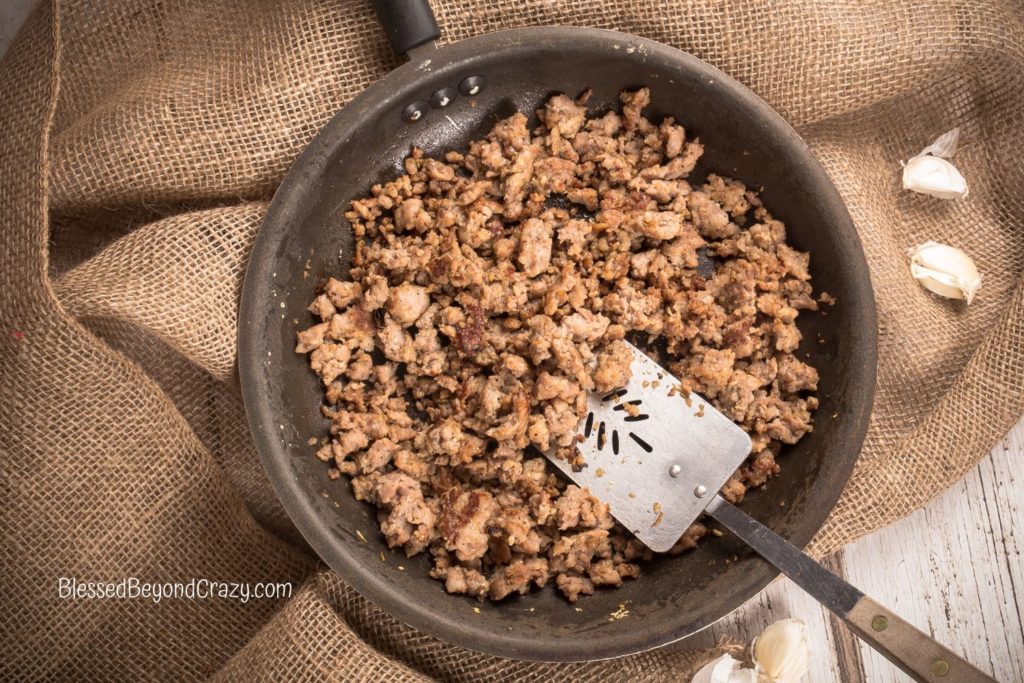
Precooked Meats
Freezing cooked meats, such as ground beef, bulk sausage, and chopped ham, offers significant time-saving benefits. It’s convenient to thaw and incorporate the meat into dishes like soup, spaghetti sauce, or casseroles.
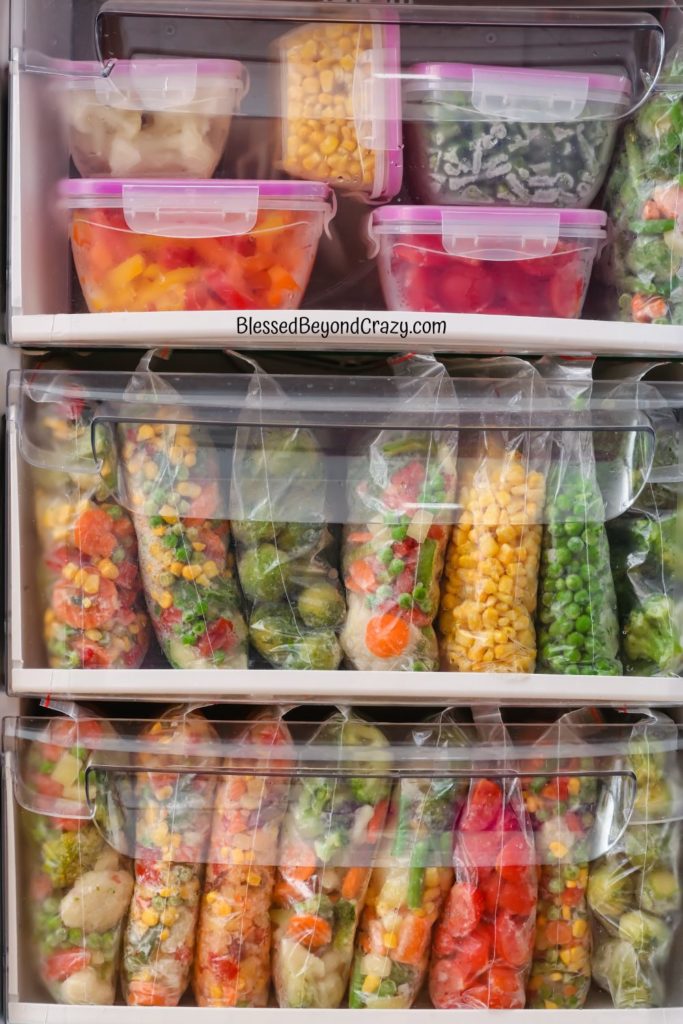
Vegetables
Naturally frozen vegetables are a valuable addition to our Freezable Foods list, especially for those with an abundance of fresh garden produce. They can be easily blanched, rapidly cooled, and stored in freezer bags or containers. Simply thaw and utilize them in various dishes.
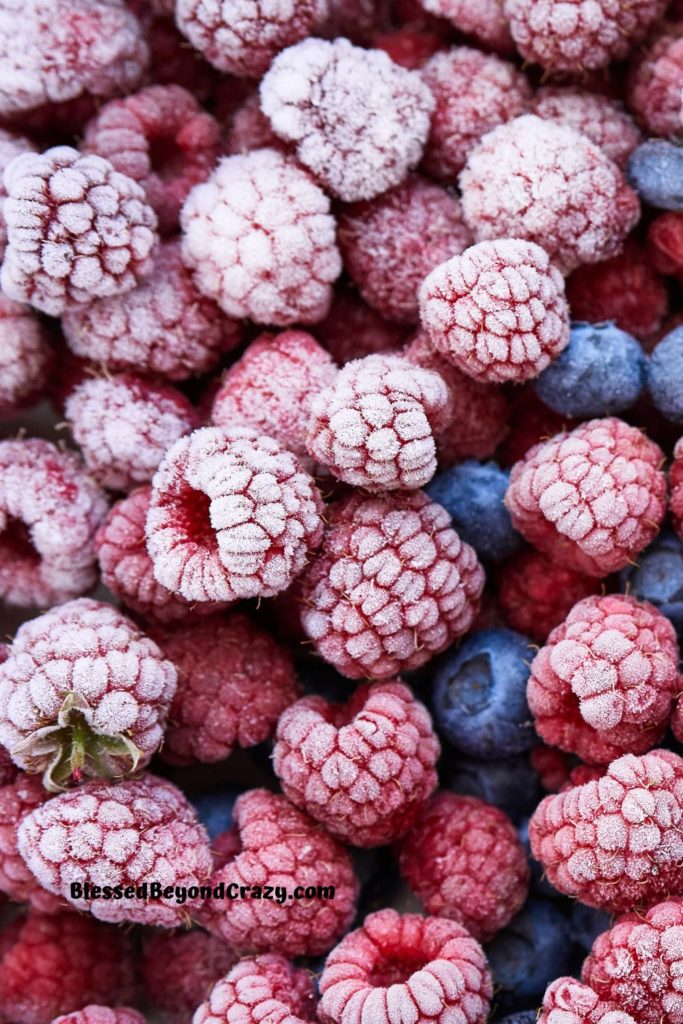
Fruits and Melons
Freezing fresh fruits and melons, whether homegrown or store-bought, makes considerable sense. Adding them to smoothies or recipes, such as popsicles, muffins, pies, etc… is effortlessly easy. Freezing fruit such as bananas before they go bad allows for future use in baked goods like banana bread or cake.
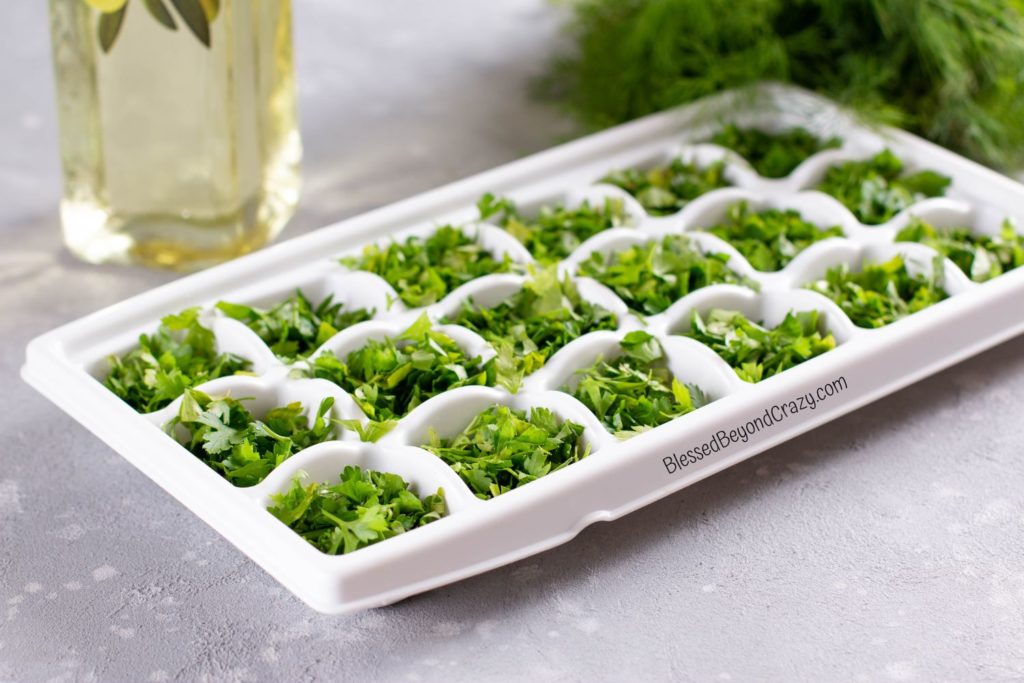
Herbs
To maximize the utility of fresh herbs, rinse, pat dry, chop, and distribute them by tablespoons into ice cube trays. Then, add a small amount of water, oil, or broth and freeze until firm. Transfer to freezer baggies or containers for future use. Frozen cubes can be added directly to dishes without thawing.
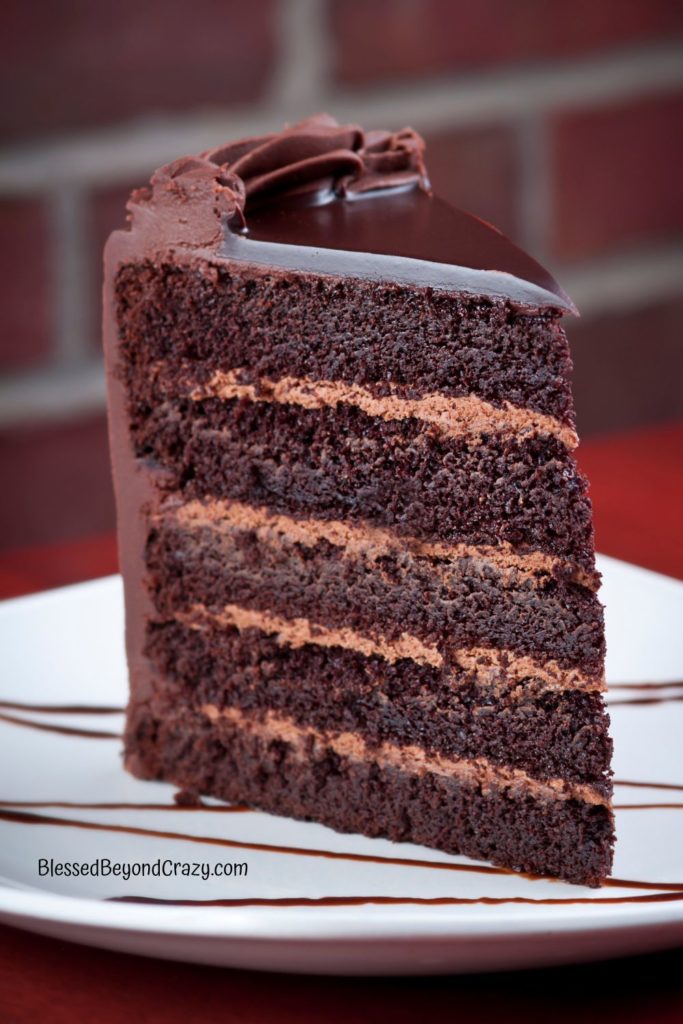
Cakes
Cake is also included on our list of Freezable Foods because it lends itself well to advance preparation, with frosting applied later. This method is effective for both layered cakes as well as sheet pan cakes. For layered cakes, ensure a sheet of parchment paper separates each cake layer prior to freezing to prevent sticking.
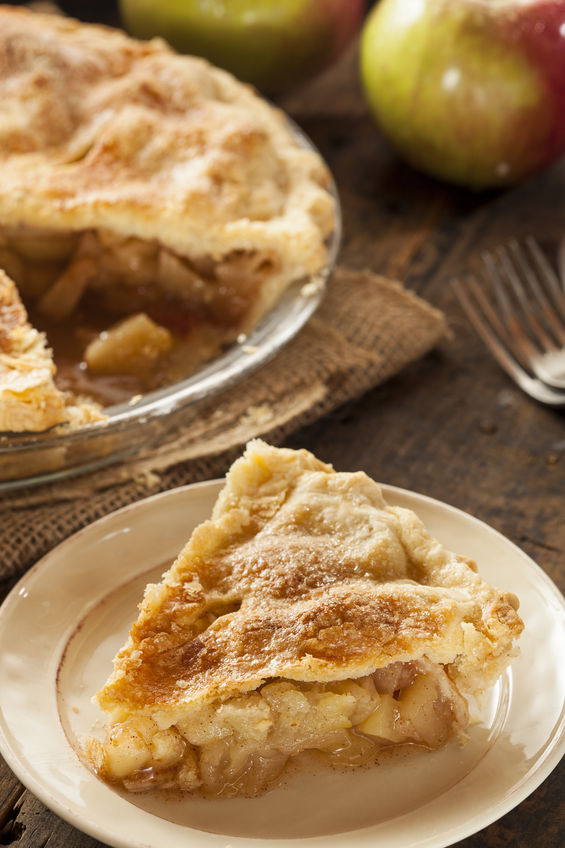
Pie
A visit to my home will likely yield a pie in the freezer. Freezing this dessert is a common practice for me. It’s an effective method for preserving both baked and non-baked pies, as well as a single pie crust. It’s important to keep in mind that fruit pies made with sour cream, cream, custard, and meringue pies do not freeze well as the dairy can curdle in the freezer and/or become runny after thawing. Baked pumpkin or pecan pies are the exception as they freeze wonderfully.
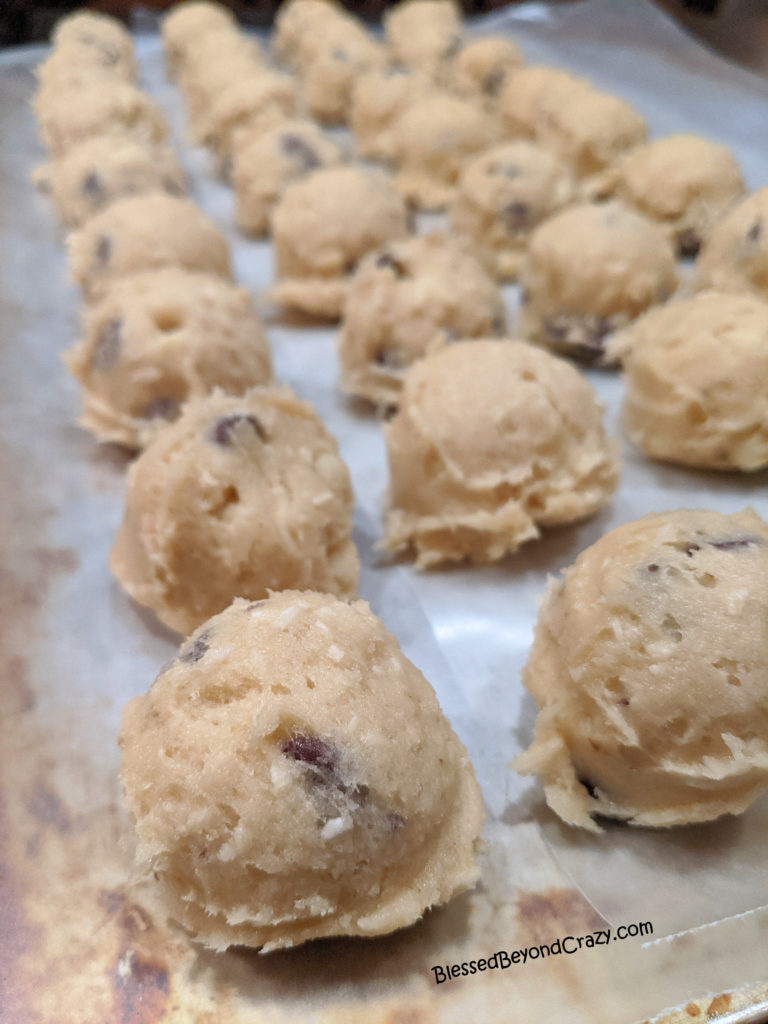
Cookies
I frequently freeze baked cookies and raw cookie dough. Baked cookies can simply be stored in a freezer container. However, a batch of cookie dough can be frozen, either as a whole or as individual cookie dough balls. To freeze the cookie dough balls, arrange them on a parchment-lined baking sheet, freeze until firm, then transfer to freezer baggies or containers for use later.

Sauces
It is a common occurrence for me to prepare an excessive amount of spaghetti sauce relative to the quantity of noodles I have cooked. Consequently, I freeze the surplus sauce for later use. With the exception of cream-based sauces, most other sauces, including tomato-based, pesto (without cheese), and cranberry sauce, tend to freeze well.

Broth
Research indicates that homemade bone broth and bone stock are healthier options than store-bought broth. Therefore, I choose to prepare my own bone broth at home and freeze it for future use. This broth is not only rich and delicious but also provides a concentrated source of nutrients. In addition to being a nutritious beverage, it can also enhance the flavor of gravies, vegetables, casseroles, soups, and stews.
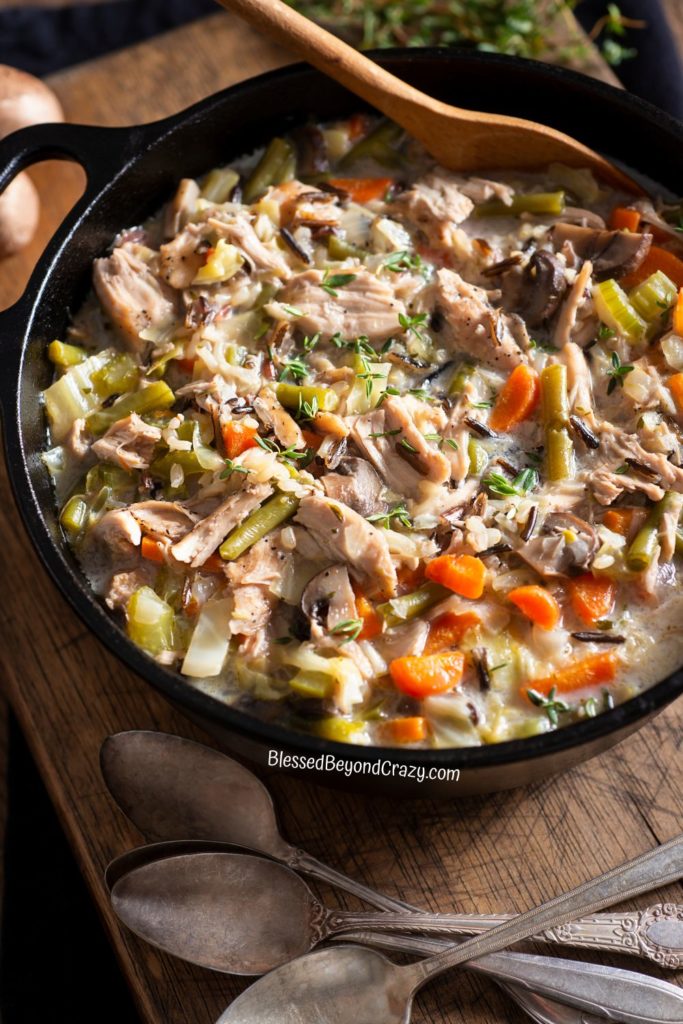
Soups and Stews
As anyone would expect, soups and stews are included on the list of freezable foods. I typically prepare a sizable batch of soup, distribute it into freezer containers, consume some, and freeze the rest for future meals. On days when I am extremely busy or do not feel like cooking, it is convenient to thaw a container of soup, reheat it, and enjoy it. Moreover, sharing a container of soup with someone who is under the weather, recovering from a medical procedure, or grieving the loss of a loved one is a compassionate act.
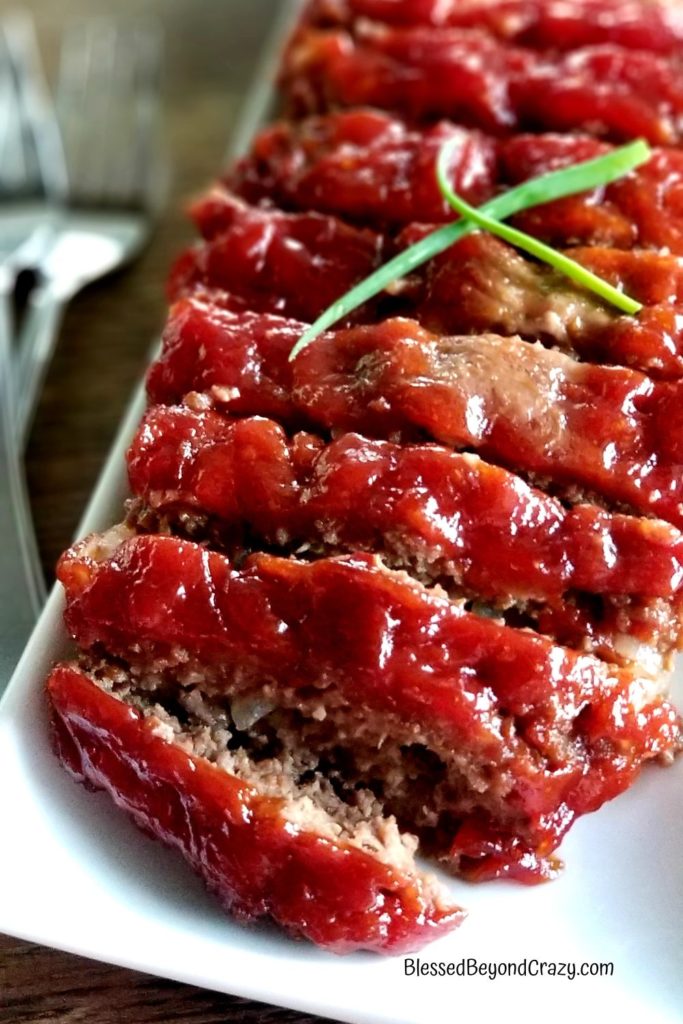
Prepped Meals
In today’s fast-paced world, meal prep is highly advantageous due to the extreme busyness of individuals. Preparing meals ahead of time saves a considerable amount of hassle. Food items such as meatloaf, burritos, pot pies, lasagna, and most casseroles freeze well, thereby reducing the stress often associated with meal time.
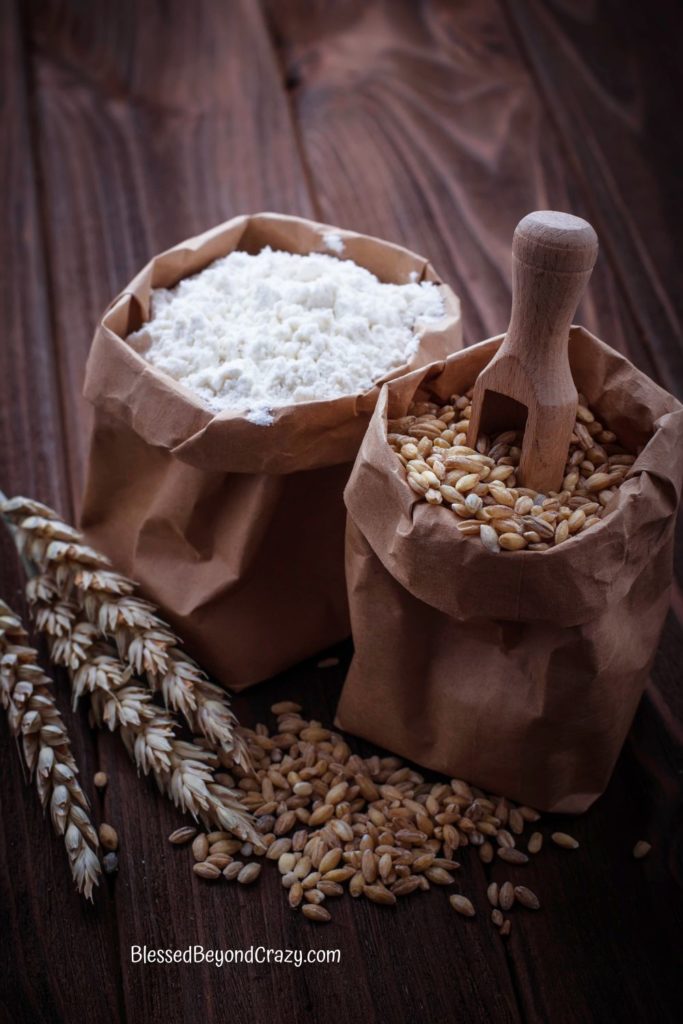
Baking Supplies
In order to save money I take advantage of sales on baking supplies by stocking up. To preserve the freshness of these items and protect them from pests, I store them in the freezer. items such as flour, dry oats, tapioca and potato starch, xanthan gum, baking soda, and yeast all freeze well.

Juice
Preserving nutrients and flavor in fruit juices such as orange juice, grape juice, and apple cider can be achieved through freezing, which also slows down but does not destroy the enzymes. Glass jars can be used to freeze fruit juices, but it is essential to leave sufficient space at the top for expansion. Freezing juice in ice cube trays offer a convenient way to add it to cocktails and mocktails.
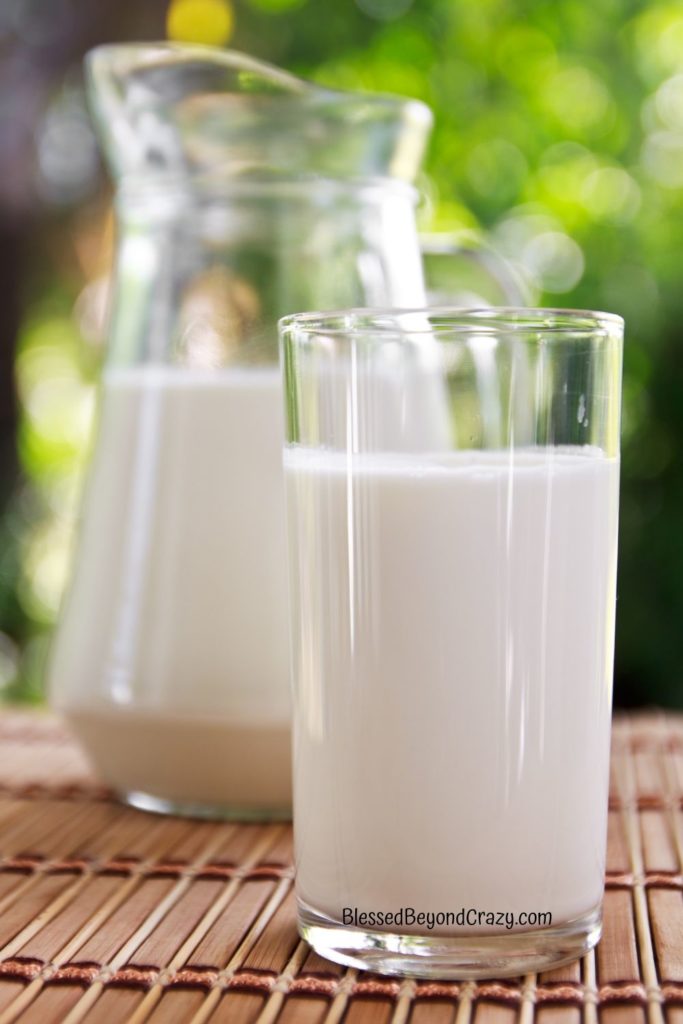
Dairy Products
To prolong the shelf life of dairy products, most types can be frozen, including milk (and other dairy alternatives), butter, yogurt, and cheese. Nevertheless, milk may undergo separation and texture changes. On the other hand, frozen milk and yogurt can be a great addition to protein smoothies. When freezing milk, remember to leave 1 to 2 inches of space at the top of the container to allow for expansion. To thaw dairy products safely, it’s best to thaw them in the refrigerator.
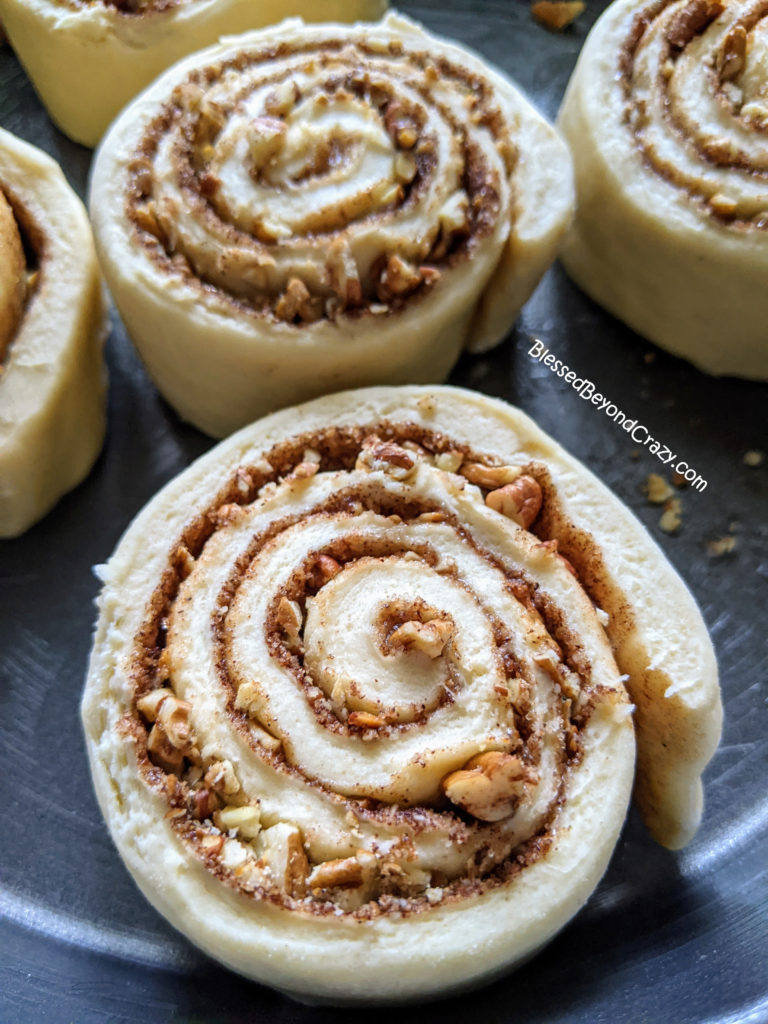
Bread
Freezing is a highly effective method for maintaining bread freshness. To freeze bread loaves, such as garlic bread, wrap them tightly in plastic wrap before freezing to prevent the formation of ice crystals. For bread varieties like unbaked cinnamon rolls, cover and freeze them, then refrigerate overnight to thaw and allow to rise at room temperature the following morning. Bake according to the recipe. Store bread such as baked muffins or cornbread in freezer containers.
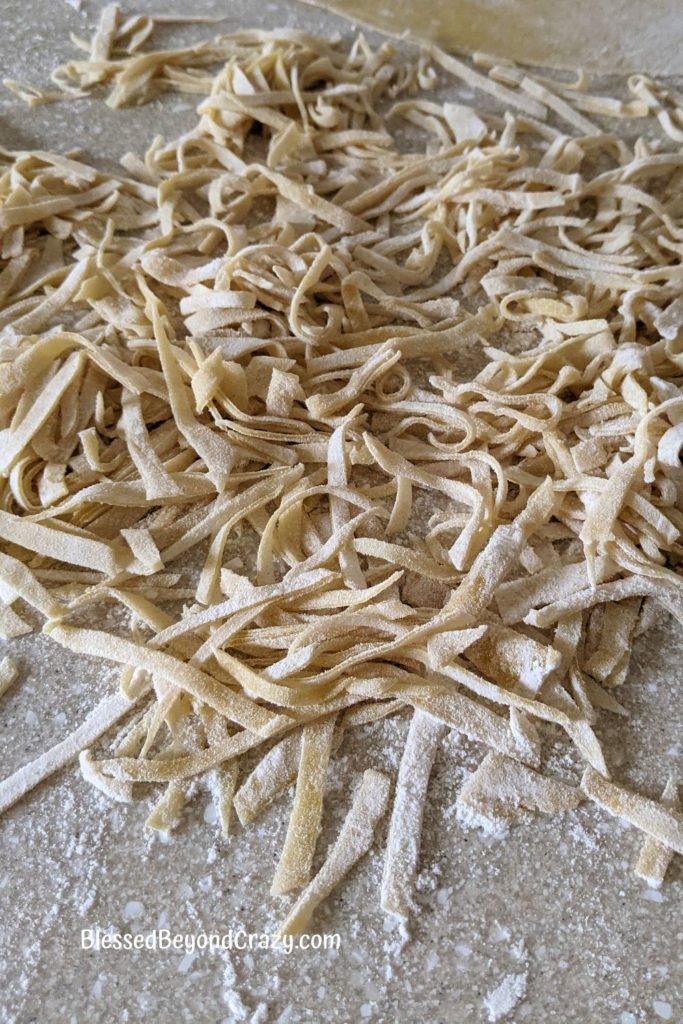
Noodles
Our comprehensive list of freezable foods now includes noodles. Whether you buy them at the store or make them homemade, freezing is a suitable option. To prevent homemade noodles from becoming discolored or moldy, it is essential to ensure they are thoroughly dry before placing them in an airtight baggie or container. To freeze pasta dough, wrap it in two layers of plastic wrap and freeze, Thaw the dough overnight in the refrigerator before using them.
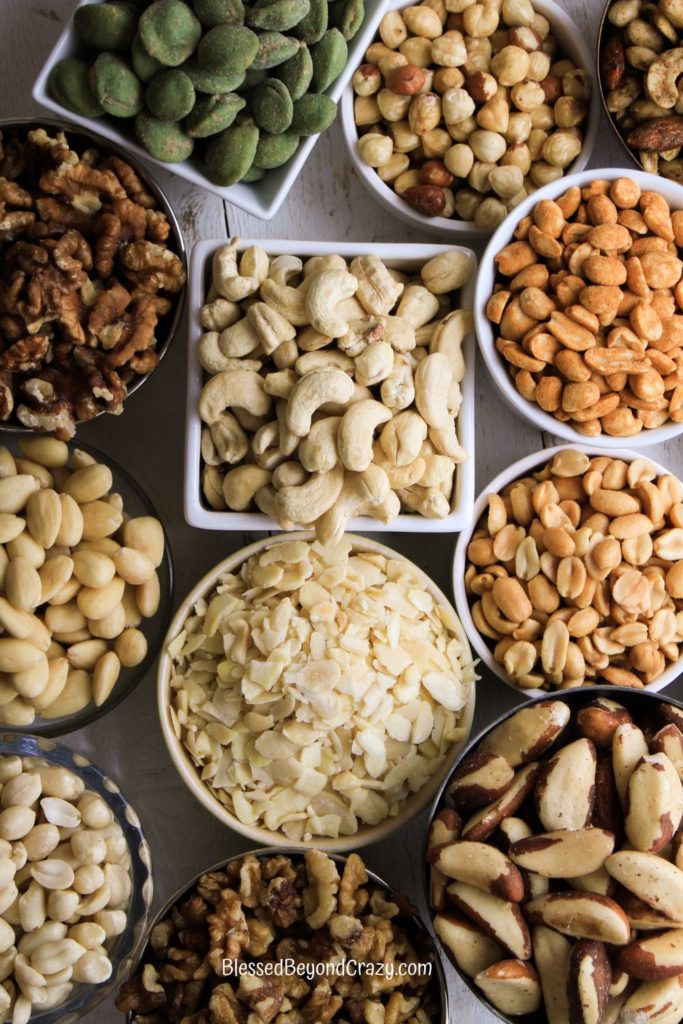
Nuts and Seeds
A dark, cold freezer setting provides the perfect conditions for storing nuts and seeds. Freezing prevents the deterioration of oils from nuts, prevents freezer burn, and maintains freshness for up to 2 years.
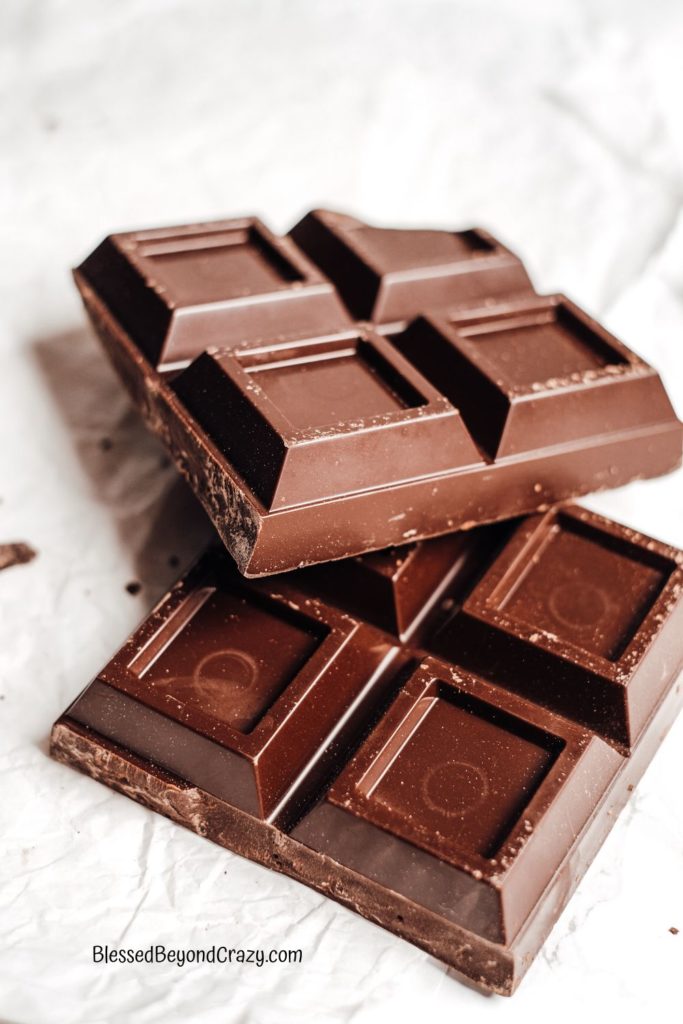
Chocolate
Does freezing chocolate help preserve its freshness? Yes, it does. This method is effective for chocolate bars as well as chocolate chips. Store the chocolate in a heavy-duty, tightly sealed freezer bag. To maintain the optimal taste and texture, thaw the chocolate gradually by transferring it from the freezer to the refrigerator for a day, followed by room temperature. To prevent condensation and discoloration, keep the chocolate wrapped until it reaches room temperature.
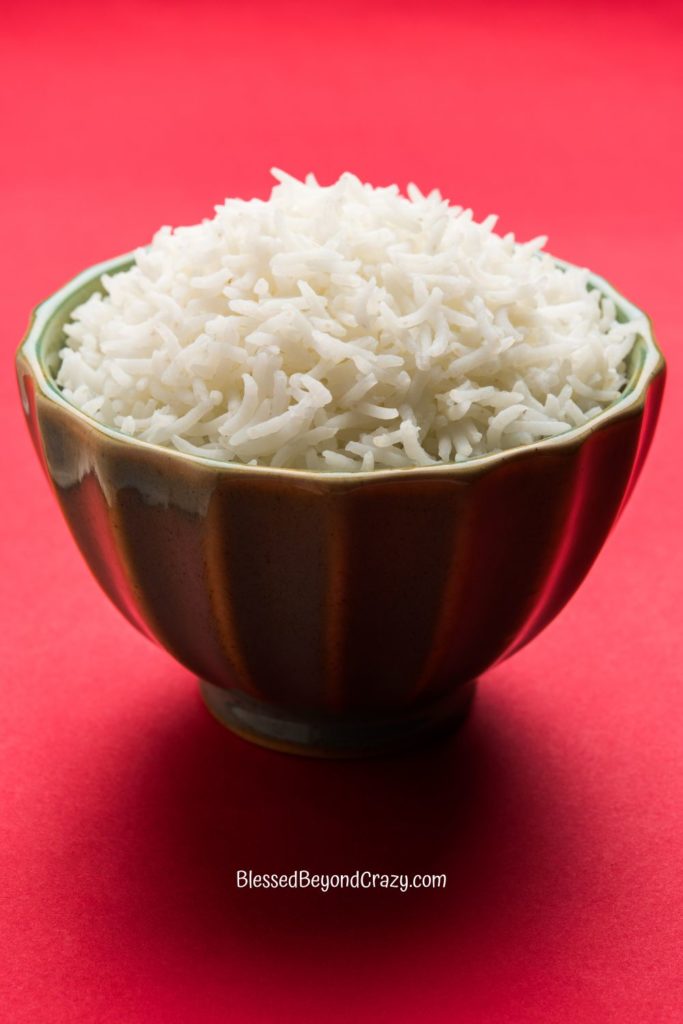
Rice
Place uncooked rice in a freezer bag, removing as much air as possible. When ready to cook, there is no need to thaw; simply cook as normal. To store cooked rice, let it cool completely. You can expedite cooling by spreading it it on a baking sheet, which also prevents clumping. Store the rice in freezer bags and stack flat in the freezer. To thaw, simply place it in the microwave or oven.
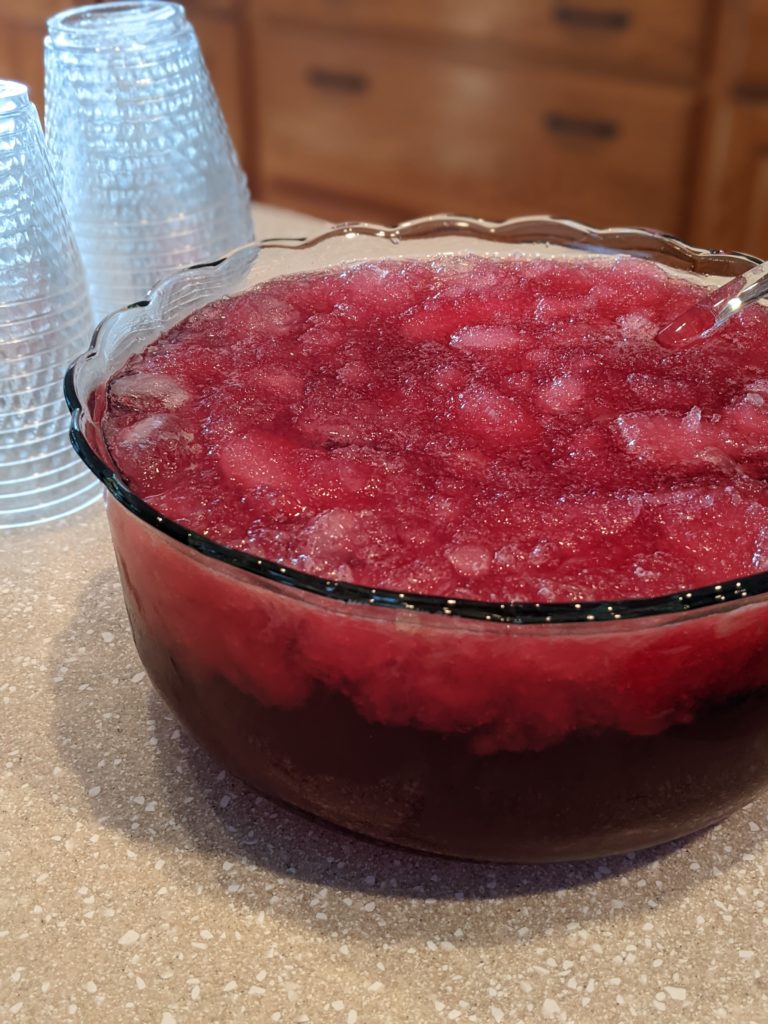
Party Punch
Freezing party punch ahead of time is a great strategy for maintaining its chill without diluting it. You can achieve a slushy consistency by partially freezing the mixture. When thawing frozen punch transfer it to the refrigerator and allow it to thaw gradually over several hours or overnight. Adding carbonated ingredients immediately prior to serving is a recommended practice.
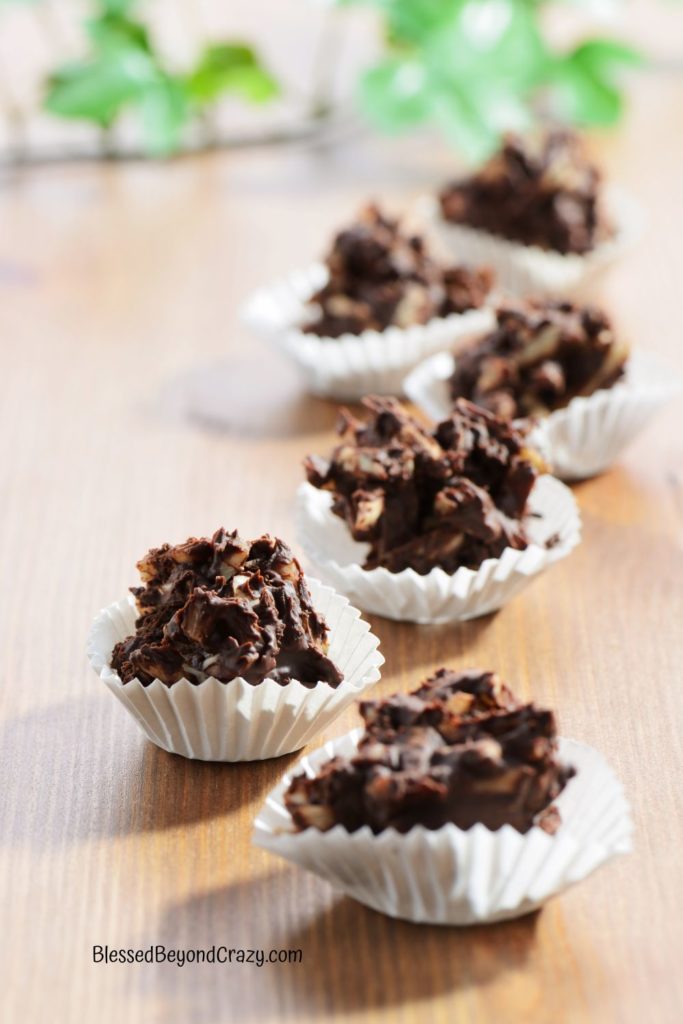
Candy
Candy that can be frozen includes milk and white chocolate, toffee, truffles, hard candy, and gummies. Over time, freezing may alter the texture and consistency of candy. Some may become hard and brittle, while others may become soft and sticky. As a result, it is recommended to use the frozen candies within a few weeks.
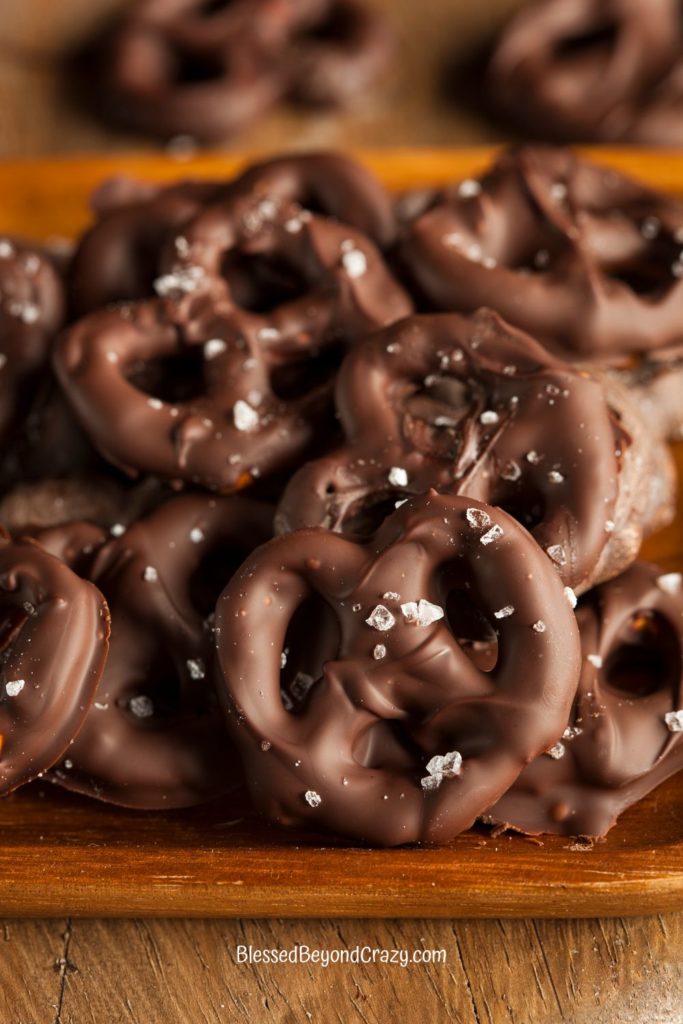
Snacks
Buying snacks and bulk items during sales periods can result in significant savings. Nevertheless, these products have a tendency to become stale quickly, particularly after opening. A practical solution is to freeze snacks such a bags of popcorn, potato chips, and pretzels. Plus, there’s no need to thaw them. Just take a bag out of the freezer and enjoy.
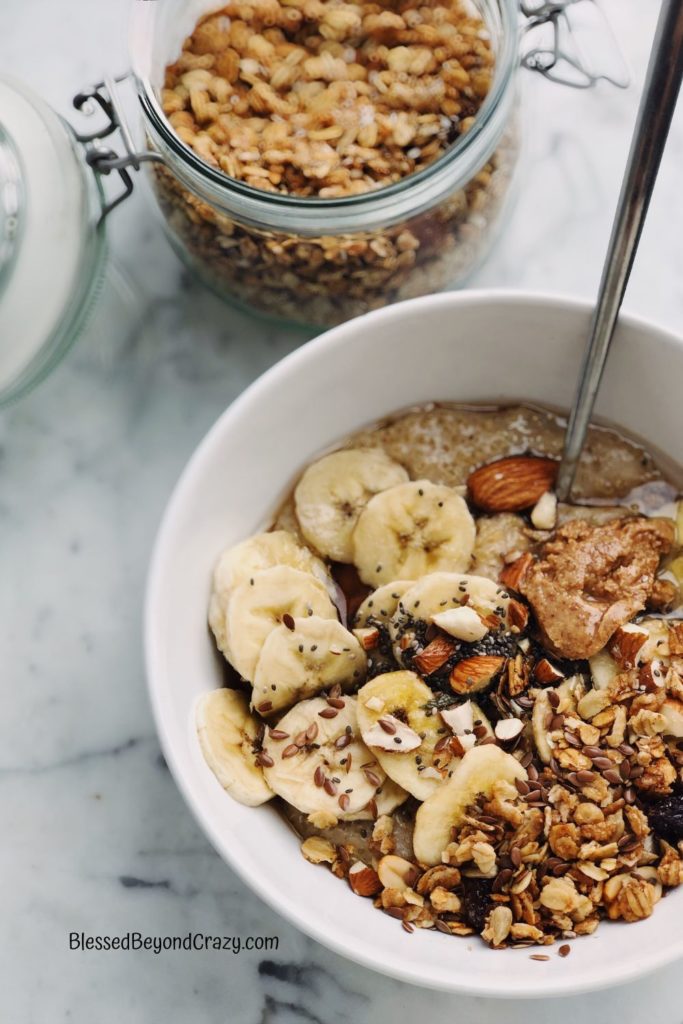
Cereal
Did you know that freezing cereal for about an hour before eating can make it crunchier? To freeze cereal longer, simply place the cereal bag in the freezer or pour the cereal into a freezer bag. You can also freeze granola but be aware that freezing granola can cause dried fruit to become tougher when thawed. Dry oats can be stored in freezer bags, and cooked oatmeal can be frozen in bulk or individual serving sizes.
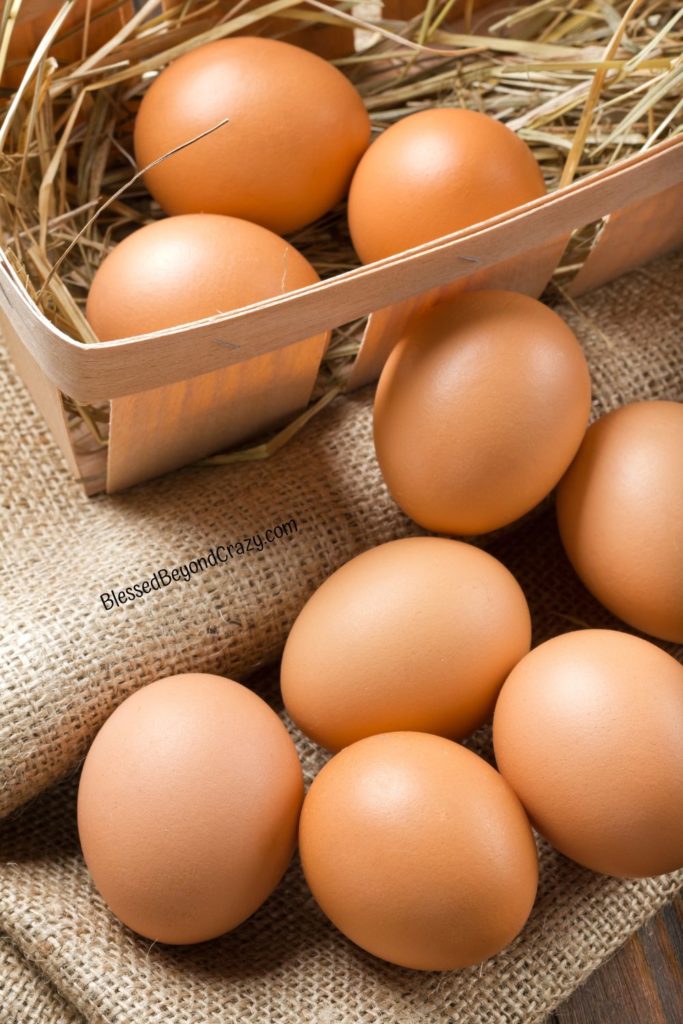
Eggs
Eggs are the final food item to be included on our list of Freezable Foods. Whole eggs can be frozen by beating the yolks and whites together before freezing. Egg yolks can be frozen with 1/8 teaspoon salt or 1.5 teaspoons sugar for every four yolks, whisked well, and poured into a container or ice cube trays. (Both salt and sugar stabilizes the egg yolks, preventing them from becoming too gelatinous and thick.) Egg whites can also be frozen. Frozen eggs should be thawed overnight in the refrigerator and used immediately. It is not recommended to freeze hard-boiled eggs, as freezing alters their texture, making them rubbery.

What are your favorite freezable foods?
More great ideas:


Leave a Reply